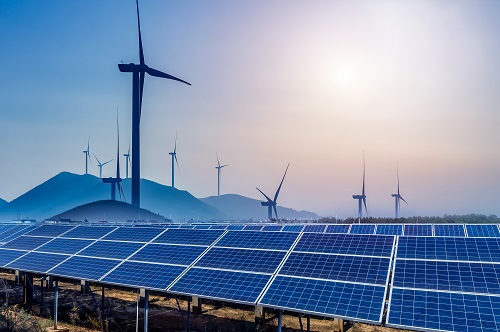

Primary Program

About
Muhammad Adnan Hayat is a Fellow in the Utilities and Renewables Program at KAPSARC and an expert in the electricity industry. He specializes in regulatory, policy, commercial, and technical solutions to support the transition to net-zero emissions. Leveraging advanced analytical techniques, energy modeling tools, and deep knowledge of international energy markets, including Australia’s, he develops innovative and sustainable solutions to address global energy challenges.
Publications

25 June 2025
Positioning Saudi Arabia’s Biogas Power Sector on the Global Stage: A Comparative Economic and Environmental AnalysisSaudi Arabia is advancing a comprehensive framework to reduce greenhouse gas emissions through a range of strategies, including the displacement of liquid fuels, the implementation of energy efficiency measures, and the deployment of renewable energy technologies. To complement these...

23 January 2025
Waste-to-Hydrogen Techno-Economic Assessment and Emission Reduction Potential in Saudi ArabiaWaste-to-hydrogen (WTH) presents an enormous untapped potential to achieve climate change objectives for many countries by transitioning from high CO2 emission waste disposal techniques to producing clean fuel such as green hydrogen. Additionally, WTH can be incorporated with carbon ...

12 January 2025
Technoeconomic Assessment and Carbon Dioxide Removal Potential for the Global Pulp and Paper IndustryThe pulp and paper industry is the fourth largest industrial energy user globally and presents significant carbon removal potential as a large portion of emissions from this industry are biogenic. The decarbonization potential of this industry has been discussed in literature at coun...

25 August 2024
Strategic Priorities and Cost Considerations for Decarbonizing Electricity Generation Using CCS and Nuclear EnergyThis paper investigates the economics of deploying carbon capture and storage (CCS) on gas-fired power plants while covering its entire value chain, i.e., carbon capture, transport, and storage, and conducting a thorough sensitivity scenario analysis. Our analysis shows that adopting...

20 November 2023
Challenges and Opportunities for Sustainable Deployment of Bioenergy with Carbon Capture and Storage Pathways (BECCS) Globally) from processes that utilize bioenergy to produce heat, electricity or biofuels. However, thi...2 ($/tCO2), respectively. Other technologies, such as poplar pellets, forest residue and agricultural residue with trans-Atlantic shipments, are not able to achieve negative emissions.



